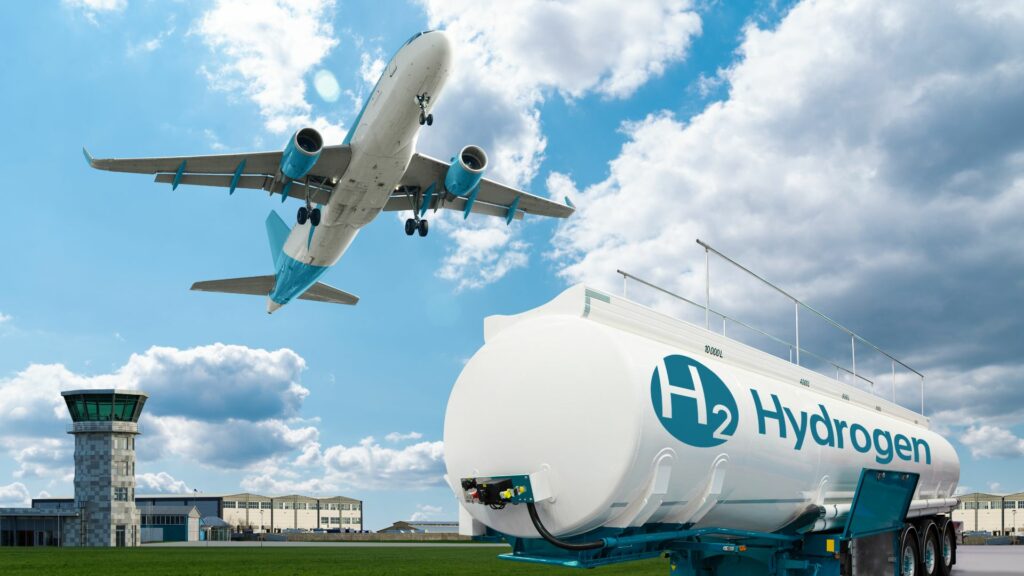In a groundbreaking move for the future of sustainable aviation, Airbus and ZeroAvia have embarked on a strategic partnership through three Memoranda of Understanding (MoU) with Montréal–Trudeau International Airport (YUL), Toronto Pearson International Airport (YYZ), and Vancouver International Airport (YVR). This initiative is set to explore the feasibility of hydrogen infrastructure, a vital step toward the adoption of hydrogen-powered airplanes in Canada’s aviation landscape.
The collaboration focuses on assessing hydrogen’s potential as an eco-friendly energy source for aircraft, a vision that could lead to a transformative shift in the aviation sector and a significant decrease in carbon emissions. The comprehensive study will cover the intricacies of hydrogen production, storage, and distribution, providing a blueprint for integrating hydrogen-powered flight operations within the Canadian aviation ecosystem.
Advancing Aviation with Hydrogen-Powered Airplanes
Hydrogen-powered airplanes stand at the forefront of aviation innovation, offering an environmentally friendly alternative to conventional jet fuel. With the global aviation community seeking sustainable solutions, hydrogen emerges as a viable and promising option. The joint venture between Airbus, ZeroAvia, and the Canadian airports underscores a shared dedication to leading the charge in sustainable aviation technologies.
The feasibility study will investigate the infrastructural needs and financial considerations of a shift to hydrogen-powered aviation, delivering critical insights into the practicality of such a transition. The outcomes of this research could influence the trajectory of air travel not only in Canada but across the globe.
Collaborative Efforts Toward a Greener Horizon
Airbus, ZeroAvia, and Canada’s busiest airports are exemplifying the power of collaboration in tackling climate change. This partnership represents a concerted effort within the aviation industry to innovate and progress toward a greener future.
Aligned with broader objectives to curtail greenhouse gas emissions and promote clean energy technologies, this initiative underscores Canada’s reputation for environmental leadership and commitment to sustainable practices.
Engaging the Community of Alternative Energy Advocates
The alternative energy community, comprising enthusiasts and experts, is keenly observing the developments of this hydrogen infrastructure feasibility study. The implications for renewable energy integration into major transportation infrastructures are vast, and the project’s success could set a precedent for similar endeavors worldwide.
The transition to hydrogen infrastructure at airports extends beyond emission reduction; it represents a re-envisioning of transportation and energy’s future. The alternative energy community plays a crucial role in this transformation, offering support, knowledge, and a voice for clean energy initiatives.
Conclusion
The MoUs inked by Airbus and ZeroAvia with Canada’s premier airports paint an optimistic picture for aviation’s future. As the study progresses, it promises to enrich the discourse on hydrogen as a sustainable fuel alternative and potentially herald a new chapter in the annals of air travel.
For the latest insights on hydrogen energy, visit H2IQ.org, your leading hydrogen & energy information hub.





